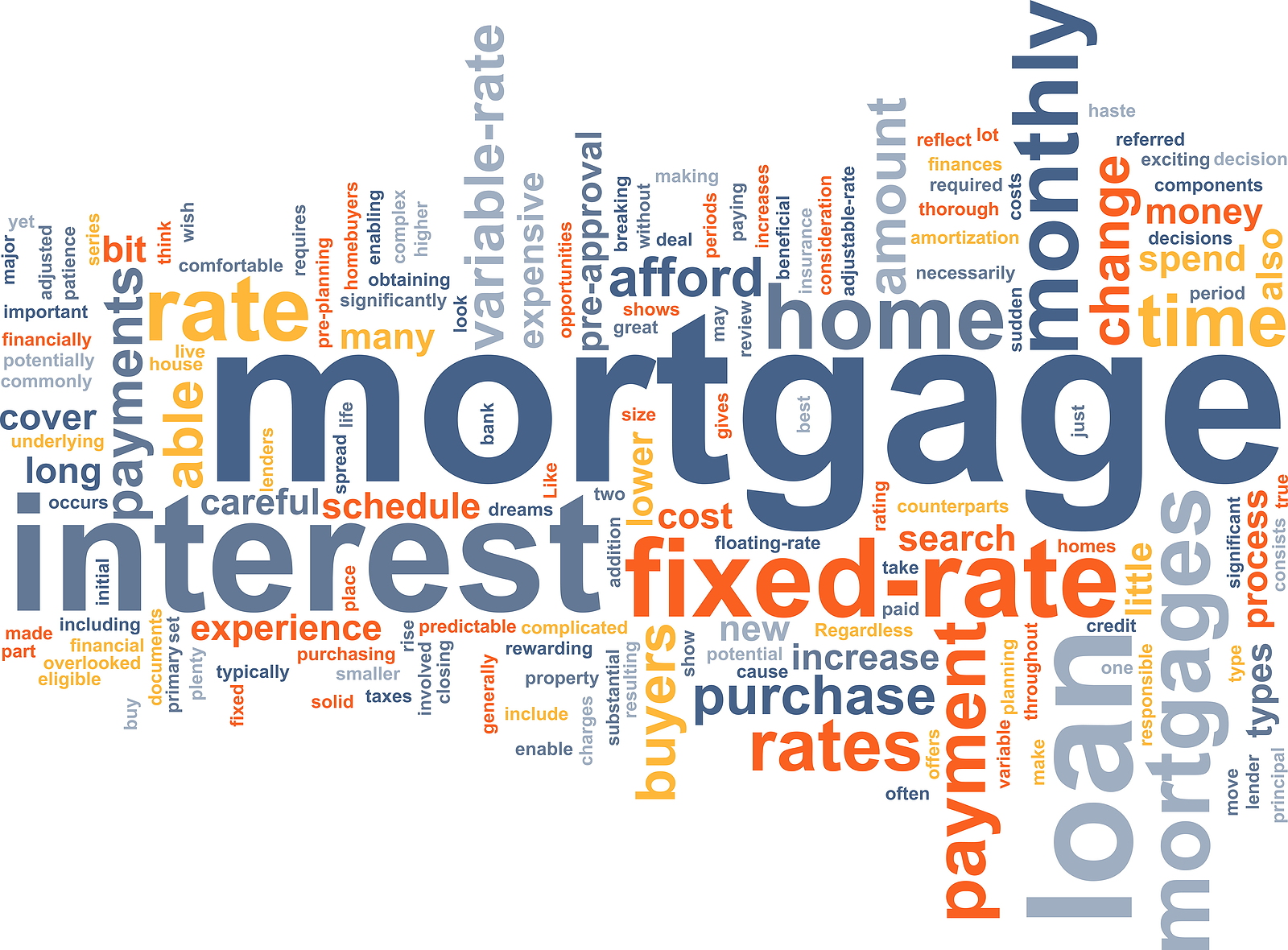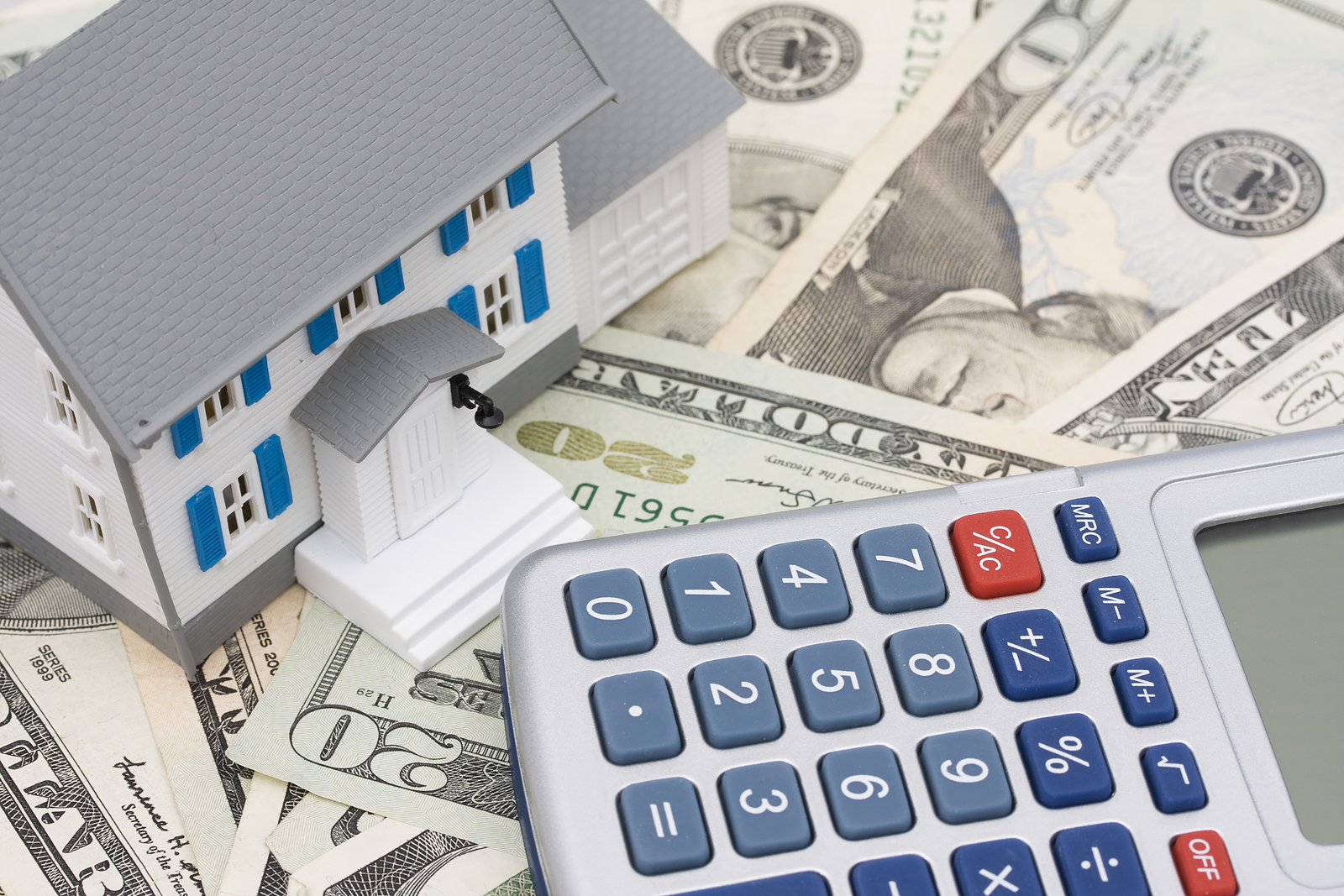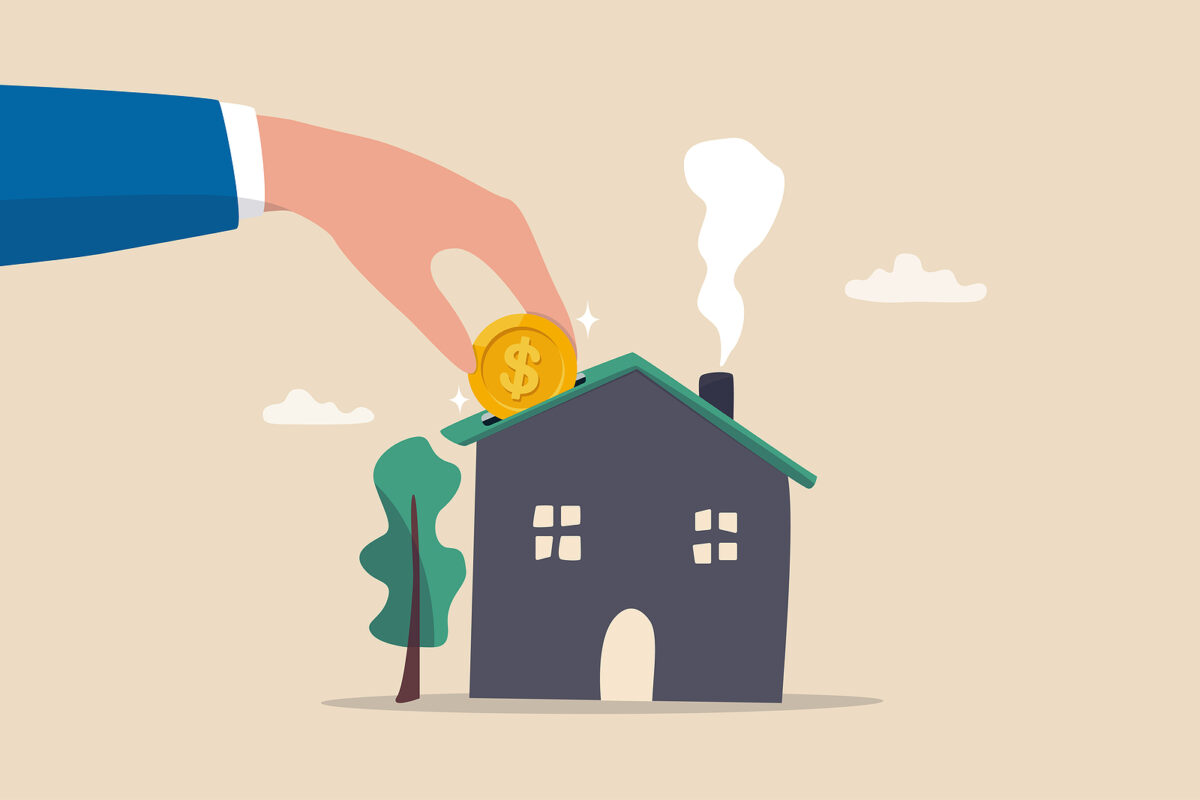Investing in vacation properties can be a lucrative and enjoyable way to build wealth. However, it requires careful planning and consideration to ensure that you make wise decisions.
This article will guide you through the essential steps on how to invest in vacation property wisely.
Understanding the Vacation Property Market
Researching Market Trends
Before diving into any investment, it’s crucial to understand the current market trends. Look into popular vacation destinations, occupancy rates, and property values.
Understanding these trends will help you make informed decisions and avoid potential pitfalls.

Consider seasonal variations as well; some areas may have high tourist activity in specific seasons, which can impact rental income predictably.
Evaluating Potential Locations
Location is everything in real estate, especially when it comes to vacation properties.
Evaluate various locations based on their popularity, accessibility, amenities, and future development plans.
Opt for locations that have a steady influx of tourists and a high demand for rentals. Research local attractions, the climate, and the overall appeal of the area to tourists.
Areas with consistent demand throughout the year, such as beach towns, ski resorts, or cultural hotspots, often offer better returns on investment.
Financial Planning and Budgeting
Assessing Your Financial Situation
Determine your budget and financial readiness before investing. Consider your savings, income, credit score, and potential loan options.
It’s essential to have a clear understanding of your financial health to avoid overextending yourself. Speak with a financial advisor to understand the implications of taking on additional debt and how it fits into your overall financial strategy.
Calculating Costs and Potential ROI
Investing in vacation properties involves various costs, such as the purchase price, taxes, maintenance, and management fees.
Calculate these costs and compare them to the potential rental income to determine your return on investment (ROI). Use conservative estimates to avoid unrealistic expectations.

Additionally, consider the cost of furnishing the property to a standard that will attract renters. High-quality furnishings can justify higher rental rates but will also require a larger upfront investment.
Choosing the Right Property
Identifying Key Property Features
When selecting a vacation property, consider features that appeal to renters. These may include proximity to attractions, scenic views, amenities like pools or hot tubs, and spacious layouts.
The more appealing the property, the higher the occupancy rate you can expect. Properties with unique or luxurious features, such as private beach access or panoramic views, can often command higher rental rates and increase your return on investment.
Inspecting the Property
Always conduct a thorough inspection of the property before purchasing. Hire a professional inspector to check for structural issues, plumbing, electrical systems, and any potential repairs.
This step will help you avoid unexpected expenses and ensure the property is in good condition. An inspector can also provide an estimate for necessary repairs, which can be a critical factor in your decision-making process.
It’s important to factor these potential costs into your overall budget.
Managing the Investment
Hiring a Property Manager
Managing a vacation property can be time-consuming, especially if you don’t live nearby. Consider hiring a property management company to handle bookings, maintenance, and guest communications.
A good property manager can significantly enhance your investment’s performance. They can also ensure that your property remains well-maintained, handle emergencies, and provide local knowledge that can be invaluable for attracting and retaining guests.
Marketing and Advertising
Effective marketing is crucial for attracting renters. Utilize various platforms like Airbnb, Vrbo, and social media to promote your property. High-quality photos, engaging descriptions, and competitive pricing will help you stand out in a crowded market.
Additionally, consider creating a dedicated website for your property to provide more detailed information and facilitate direct bookings. Offering virtual tours and highlighting unique features of the property can also attract more interest.
Leveraging Instagram’s Strategies
Instagram can be a powerful tool for marketing your vacation property. Use visually appealing photos and videos to showcase the best aspects of your property. Engage with potential guests by using relevant hashtags, running promotions, and collaborating with travel influencers.

Instagram Stories and Reels can also provide dynamic content that captures the attention of potential renters.
Legal Considerations and Compliance
Understanding Local Regulations
Different locations have varying regulations regarding vacation rentals. Ensure you understand and comply with local laws, zoning restrictions, and licensing requirements. Non-compliance can result in fines or legal issues that can jeopardize your investment.
Some areas may have strict short-term rental laws or require special permits and licenses. It’s crucial to stay informed about these regulations and keep up with any changes.
Insurance and Liability
Protect your investment with the appropriate insurance coverage. Vacation rental insurance typically covers property damage, liability, and loss of income due to cancellations.
Consult with an insurance agent to find a policy that suits your needs. Additionally, consider including a liability waiver in your rental agreements to protect yourself from potential legal issues arising from guest injuries or damages.
Tax Implications
Investing in vacation properties can have various tax implications. Understand the tax benefits and obligations associated with owning a rental property.
For instance, you may be able to deduct mortgage interest, property taxes, and certain expenses related to the maintenance and management of the property. Consult with a tax professional to ensure you take full advantage of any tax benefits and comply with all tax laws.
Conclusion
Investing in vacation property wisely involves thorough research, financial planning, and effective management. By understanding the market, choosing the right property, and complying with legal requirements, you can maximize your returns and enjoy the benefits of owning a vacation rental.
Remember, a successful investment requires ongoing attention and adaptation to changing market conditions.
FAQs
1. What is the best location to invest in vacation property?
The best location depends on factors such as tourist demand, accessibility, and amenities. Popular destinations with year-round appeal tend to be good investments. Researching local attractions and seasonal trends can help identify high-potential areas.
2. How much should I budget for maintenance costs?
Maintenance costs can vary, but it’s wise to budget around 1-2% of the property’s value annually for upkeep and repairs. This estimate includes routine maintenance and potential unexpected repairs.
3. Do I need a property manager for my vacation rental?
While not mandatory, hiring a property manager can help handle day-to-day operations, especially if you don’t live near the property or have limited time. A property manager can also improve guest satisfaction and manage emergency situations effectively.
4. What type of insurance do I need for a vacation property?
Vacation rental insurance, which covers property damage, liability, and income loss, is essential. Consult with an insurance agent to choose the right coverage. This insurance is specifically designed to address the unique risks associated with short-term rentals.
5. How can I ensure high occupancy rates for my vacation rental?
High occupancy rates can be achieved through effective marketing, competitive pricing, and providing excellent guest experiences. Utilizing multiple booking platforms and maintaining positive reviews are also beneficial. Offering amenities and personalized touches can enhance guest satisfaction and encourage repeat bookings.
6. What are the risks of investing in vacation properties?
Risks include market fluctuations, regulatory changes, and unexpected maintenance costs. Proper research and financial planning can help mitigate these risks. Staying informed about local market conditions and maintaining a financial cushion for emergencies can provide additional security.














